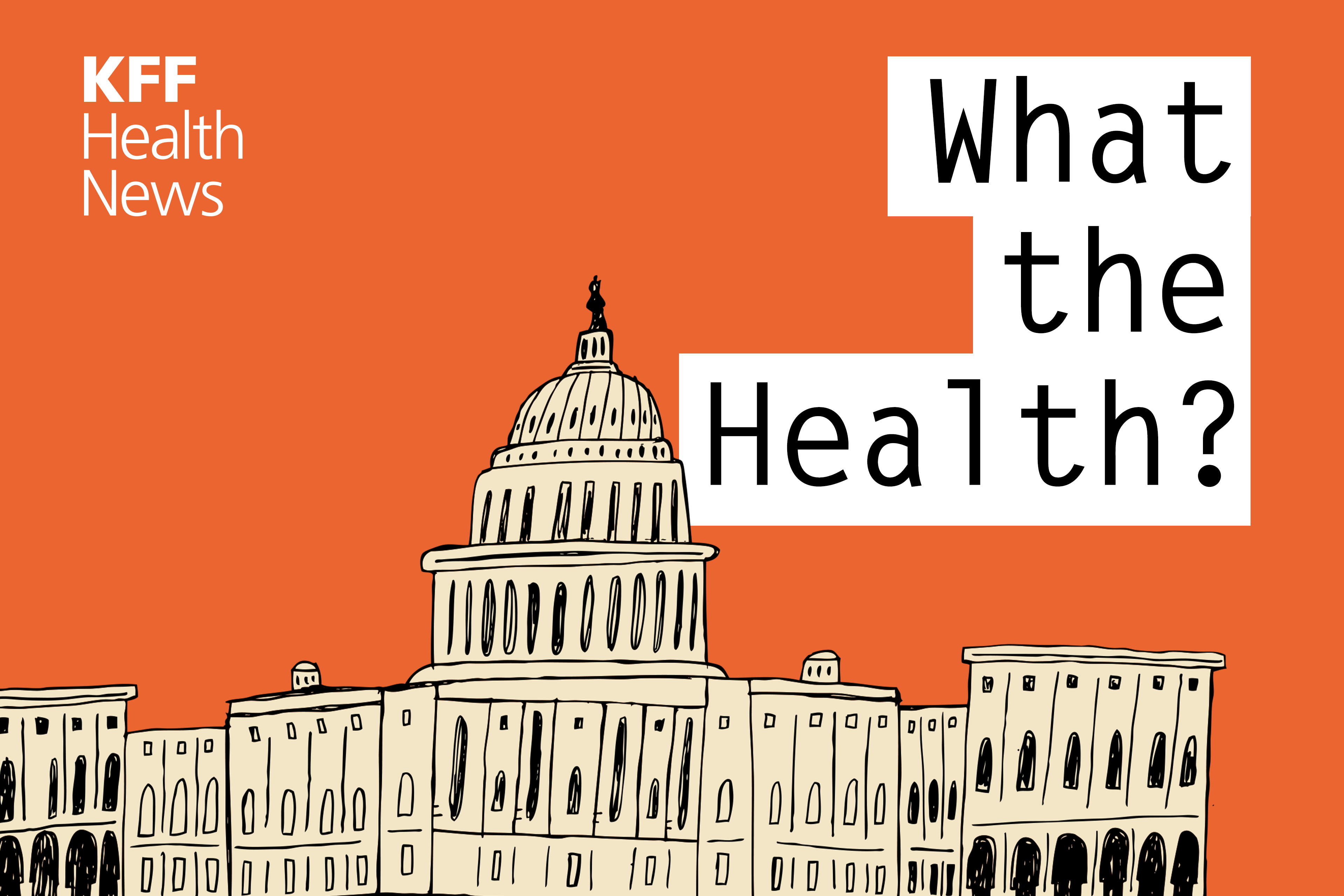The Host
Julie Rovner
KFF Health News
Julie Rovner is chief Washington correspondent and host of KFF Health News’ weekly health policy news podcast, “What the Health?” A noted expert on health policy issues, Julie is the author of the critically praised reference book “Health Care Politics and Policy A to Z,” now in its third edition.
The fate of the abortion pill mifepristone remains in jeopardy, as an appellate court panel during a hearing this week sounded sympathetic to a lower court’s ruling that the FDA should not have approved the drug more than two decades ago. No matter how the appeals court rules, the case seems headed for the Supreme Court.
Meanwhile, in the partisan standoff over raising the nation’s debt ceiling, a key sticking point has emerged: whether to add a work requirement to the state-federal Medicaid program. Republicans are adamant about adding one; Democrats point out that, in the few states that have tried them, red tape has resulted in eligible people wrongly losing their health coverage.
This week’s panelists are Julie Rovner of KFF Health News, Sandhya Raman of CQ Roll Call, Rachel Roubein of The Washington Post, and Victoria Knight of Axios.
Panelists
Sandhya Raman
CQ Roll Call
Rachel Roubein
The Washington Post
Victoria Knight
Axios
Among the takeaways from this week’s episode:
- Hopes among abortion rights advocates for continued access to mifepristone dimmed as the three judges on the 5th Circuit Court of Appeals signaled they are skeptical of the FDA’s decades-old approval of the drug and of the Biden administration’s arguments defending it. Lawyers debated whether the Texas doctors challenging the drug had been harmed by it and thus had standing to sue. If the original ruling effectively revoking the drug’s approval is allowed to stand, the case could open the door to future legal challenges to the approval of controversial drugs.
- Two more states in the South are moving to restrict abortion, further cutting access to the procedure in the region. In North Carolina, a new Republican supermajority in the state legislature enabled the passage this week of a new, 12-week ban, as lawmakers in South Carolina consider a six-week ban.
- In Congress, the top Senate Republican said he will not back one senator’s months-long effort to hold up Pentagon nominations over a policy that supports troops and their dependents who must travel to other states to obtain an abortion.
- Envision Healthcare — which spent big in 2019 to fight legislation prohibiting some surprise medical bills — has filed for bankruptcy protection more than a year after the law took effect and cut into its bottom line. But a federal lawsuit from a group of emergency room physicians against Envision may move forward. The lawsuit claims the private equity-backed company is in violation of a California law banning corporate control of medical practices, and it could carry major consequences for the growing number of practices backed by private equity firms across the country.
- Monica Bertagnolli has been nominated to lead the National Institutes of Health. Currently the director of the National Cancer Institute, she will need to be confirmed by the Senate, which hasn’t confirmed an NIH chief since before the passage of the Affordable Care Act in 2010. Meanwhile, Sen. Bernie Sanders’ stewardship of a key health committee is causing delays on even bipartisan efforts.
Plus, for “extra credit,” the panelists suggest health policy stories they read this week that they think you should read, too:
Julie Rovner: The Washington Post’s “A 150-Year-Old Law Could Help Determine the Fate of U.S. Abortion Access,” by Dan Diamond and Ann E. Marimow.
Victoria Knight: The New York Times’ “World Health Organization Warns Against Using Artificial Sweeteners,” by April Rubin.
Rachel Roubein: CBS News’ “Thousands Face Medicaid Whiplash in South Dakota and North Carolina,” by Arielle Zionts of KFF Health News.
Sandhya Raman: CQ Roll Call’s “A Year After Dobbs Leak, Democrats Still See Abortion Driving 2024 Voters,” by Mary Ellen McIntire and Daniela Altimari.
Also mentioned in this week’s episode:
KFF Health News’ “ER Doctors Vow to Pursue Case Against Envision Despite Bankruptcy,” by Bernard J. Wolfson.
Credits
Francis Ying
Audio producer
Emmarie Huetteman
Editor
To hear all our podcasts, click here.
And subscribe to KFF Health News’ ‘What the Health? on Spotify, Apple Podcasts, Stitcher, Pocket Casts, or wherever you listen to podcasts.
KFF Health News is a national newsroom that produces in-depth journalism about health issues and is one of the core operating programs at KFF—an independent source of health policy research, polling, and journalism. Learn more about KFF.
USE OUR CONTENT
This story can be republished for free (details).
We encourage organizations to republish our content, free of charge. Here’s what we ask:
You must credit us as the original publisher, with a hyperlink to our kffhealthnews.org site. If possible, please include the original author(s) and KFF Health News” in the byline. Please preserve the hyperlinks in the story.
It’s important to note, not everything on kffhealthnews.org is available for republishing. If a story is labeled “All Rights Reserved,” we cannot grant permission to republish that item.
Have questions? Let us know at [email protected]



